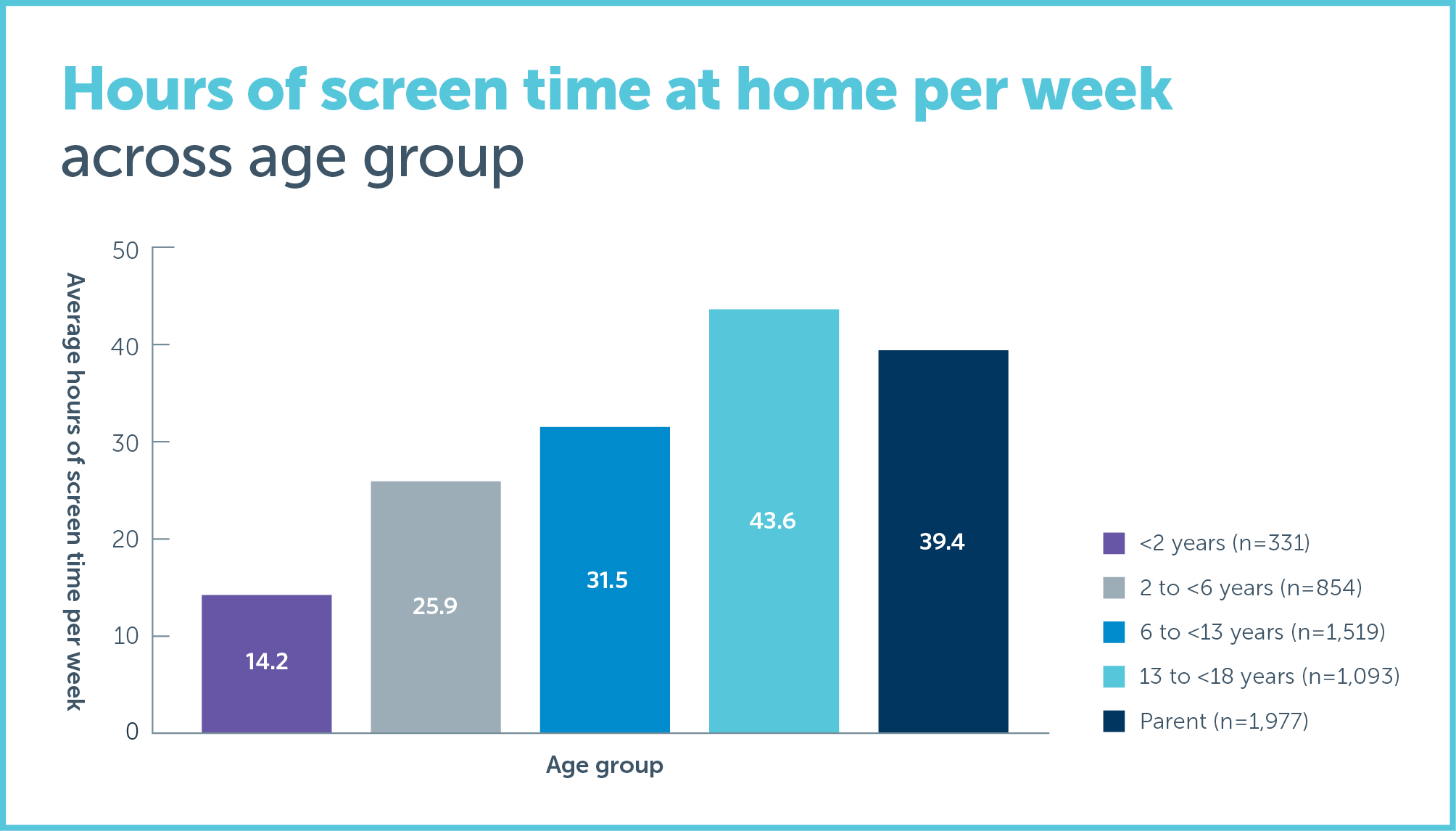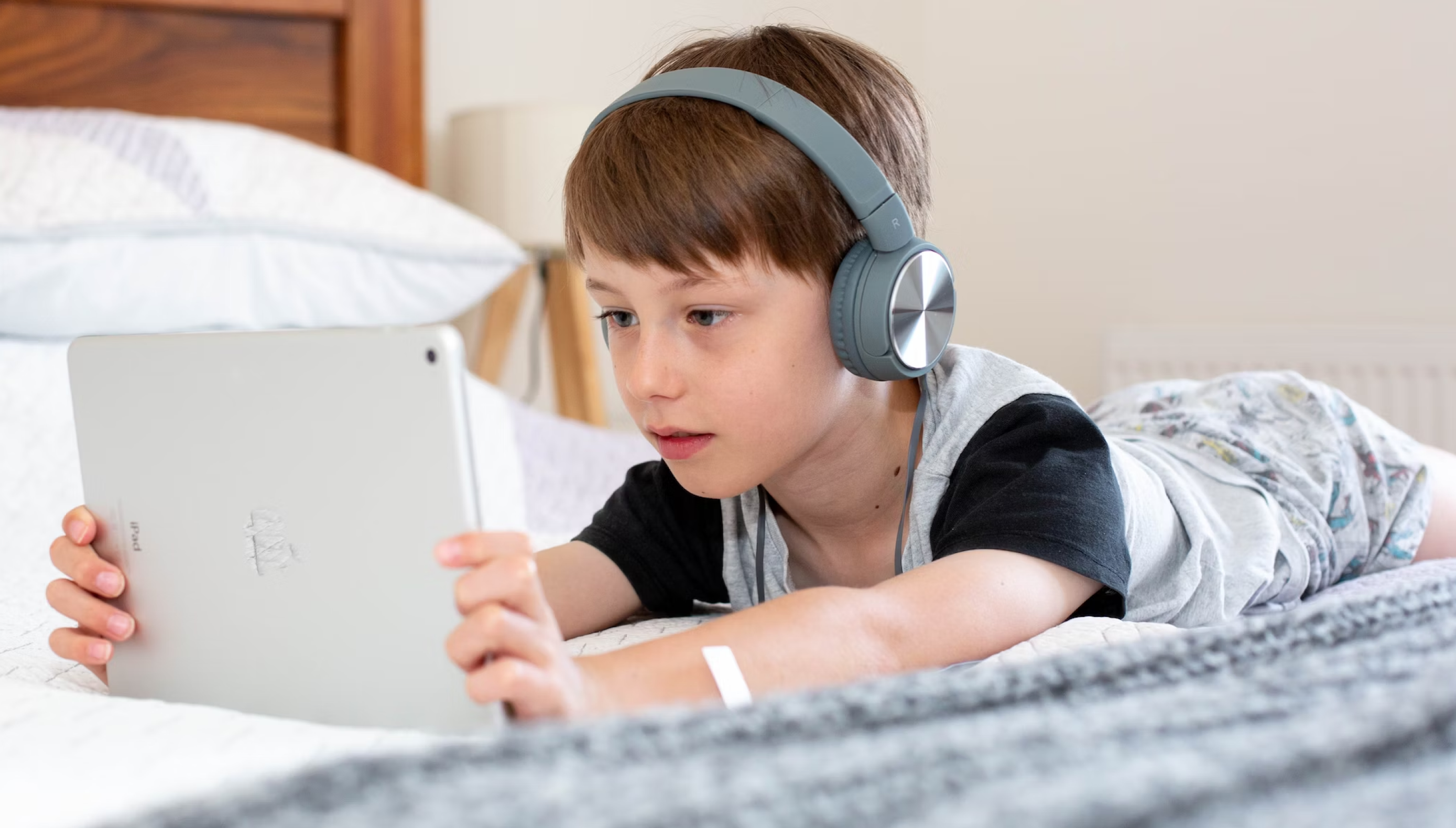In 2023, we are used to hearing about growing screen time statistics in school-aged children and young adults. As our lives become busier and more digitally focused, time invested in technology naturally becomes more prevalent. There are several tricky parts to this reality. One is, as kids become more tech-savvy, it is harder to keep track of their online activity and protect their mental health.
Another is the reality that the time kids would have historically spent outdoors is now being spent in front of a screen. In fact, the average amount of screen time in young people aged 6-13 is 31.5 hours per week and in those aged 13-18 years, it’s 43.6 hours per week. That equates to more time on a screen each week than the average adult spends doing their full-time job.

As more and more schools notice these statistics and realise the growing research into the benefits of outdoor education for our young people, more of those schools are investing in sequential camp programs like those offered at The Outdoor Education Group around Australia. For parents of those young people with camps on the horizon, it can be a point of anxiety to consider anywhere between 3-7 days of tech-free time for your young person.
WHAT TO EXPECT ON CAMP
Camp programs vary depending on location, school preferences, season, ability of students and a dozen other factors, but there is usually a rough structure followed. Most days begin with an early morning and meals are usually prepared, enjoyed and cleaned up together. Days are spent jam packed with briefings, activities, physically active or creative with spots of tech-free down time in between.
The days are fun-filled but also intense and the downtime gaps in programs are often very necessary for students to recharge their batteries and reflect with peers on what they’ve experienced.
Unlike at school or at home, when uncomfortable weather conditions arise, students are equipped with gear to make it easier to adapt rather than cancelling activities in favour of indoor technology-focussed time. This approach is predominantly designed to help students build resilience but has the added benefit of showing students there is more to life than convenience and entertainment.
The absence of isolating technology in a camp environment encourages students to branch out and create deeper connections with their peers and teachers and this community is nurtured through facilitated discussion, encouragement through challenges and even facilitated conflict.
TIPS FOR TECH-DETOXING IN PREPARATION FOR CAMP
While the words ‘technology detox’ might evoke thoughts of drastically removing all screen time and causing an uproar within the household, we live in an increasingly digital world and removing tech altogether isn’t practical. Instead, it is better to focus on making small improvements to help achieve family goals like better connection or more mindful time.
Some practical ideas for helping create balance with screen time in preparation for prolonged periods of no screen time (like camp) include:
- Planning for a block of physical activity every day. It doesn’t need to be extensive - a walk, kicking a ball around, going to a playground or going for a short bike ride will do the trick. Ideally the chosen activity is convenient enough for the habit to stick. Extra-curricular activities like sports and clubs can add a social element that makes this part feel more fun.
- Keeping mealtimes tech-free for everyone - including adults. Modelling behaviours like creating space for focused attention and conversation about others within the household is helpful for ensuring reduced screen time doesn’t feel like punishment.
- Allocating shorter, dedicated times for tech usage. Setting limits and adhering to them regularly can help young people learn to set healthy boundaries with technology and also makes it easier to nip time creep in the bud.
- Planning for structured, healthy habits. This might look like a homework block, a book reading block, a craft or creative play block or simply time spent helping prepare for or cleaning up after meals. Sometimes just the introduction of these habits stops idle time falling into a need for the convenience of screen time to scratch the boredom itch.
For school-aged young people, one of the most important elements can be involving them in the conversation to be more conscious about how the whole family uses technology and the driving family values behind the small changes. Empowering young people by allowing them to be a part of the decision making process can help greatly with cooperation.
BENEFITS OF PRIORITISING REDUCED SCREEN TIME (ON AND OFF CAMP)
The most significant benefit we notice on camp with young people unencumbered by technology is the quality of conversation and connection experienced by the entire group. There is something to be said for the mindfulness and vulnerability experienced by a group out in nature spending their down time talking about what they’ve experienced, how it challenged them and how it made them feel.
“It is a super exciting experience and very different. At first it may seem a bit out of the ordinary of your normal day but you'll get used to it. Also being off your device means you'll appreciate nature more and spend more time laughing with your friends and you'll make new friends :)”
- Year 7 student after a camp program
The benefit of putting in the pre-camp technology detox work is that after a few days of no technology and moving their bodies more, there is amazing potential for healthy habits to continue at home.

